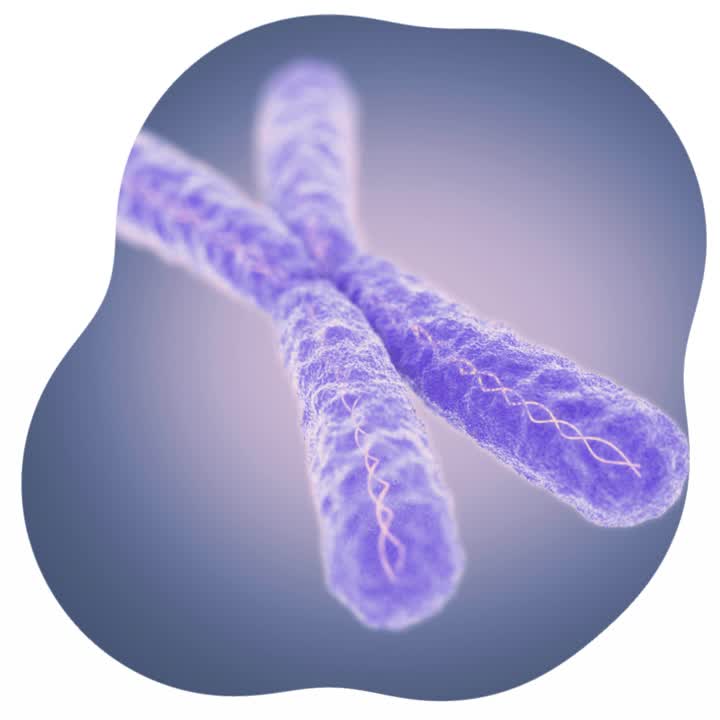Understanding your health goes beyond knowing your birth date. Biological age tests help measure how your body is aging compared to your actual age. These tests use markers like DNA, blood samples, and physical assessments to give insights into cellular health, lifestyle impact, and overall well-being. Unlike a simple medical check-up, they provide a deeper look into how daily habits, diet, stress, and exercise affect your body’s aging process. Comparing different biological age tests allows you to choose the method that best suits your goals, whether that is monitoring progress, preventing health risks, or improving longevity.
Why Biological Age Matters
Biological age shows how healthy your body is, regardless of your chronological age. Two people of the same age can have very different biological ages depending on their lifestyle and health habits. Tracking this can help:

- Spot risks before they turn into health issues
- Measure how effective lifestyle changes are
- Motivate consistent improvements in daily routines
Types of Biological Age Tests
Biological age tests vary in method and depth. Some focus on simple lifestyle indicators, while others use advanced scientific markers. Here are the most common types:
- DNA Methylation Tests
Measure chemical changes in DNA that reflect aging at the cellular level. Considered highly accurate for long-term tracking.
- Telomere Length Tests
Check the length of protective caps on DNA strands. Shorter telomeres often indicate faster aging.
- Blood Biomarker Tests
Analyze factors like cholesterol, inflammation, glucose, and liver function. They give a broad overview of health status.
- Physical and Functional Tests
Include assessments such as strength, flexibility, reaction time, and lung capacity. These measure how your body performs in daily activities.
Comparing the Tests
Each test has strengths and limitations, so the right choice depends on your goals.
- Accuracy: DNA methylation tests are often seen as more precise, while functional tests may provide general insights.
- Cost and Accessibility: Some tests are expensive and lab-based, while others can be done at home.
- Usefulness: Blood biomarker tests may reveal current health risks, while telomere tests highlight long-term trends.
- Motivation: Functional tests are easy to repeat and can encourage steady progress.
Benefits of Tracking Biological Age
Monitoring your biological age can transform how you approach health. Benefits include:
- Understanding how lifestyle changes directly affect aging
- Setting measurable goals for wellness and longevity
- Reducing risk factors for chronic conditions
- Building a personalized path to better health
How to Choose the Right Test
Selecting the right biological age test depends on what you want to achieve:
- Choose DNA methylation if you want detailed cellular-level tracking
- Choose telomere length if you are curious about long-term aging pace
- Choose blood biomarker tests if you want insight into current health risks
- Choose functional tests if you want a quick, repeatable progress check
The biological age test kit is a powerful tool for tracking health progress. By comparing test types, you can decide which method best supports your goals. Whether your focus is long-term cellular health, immediate wellness improvements, or simple performance tracking, these tests offer a clear window into how your body is truly aging. With consistent monitoring, you can make better decisions and take steps that keep your biological age younger than your actual years.


